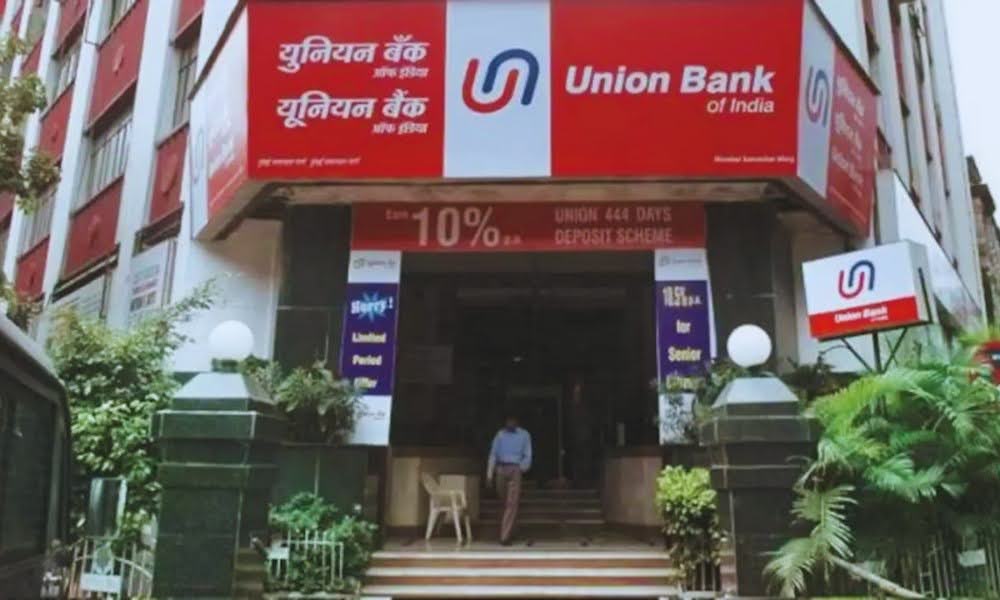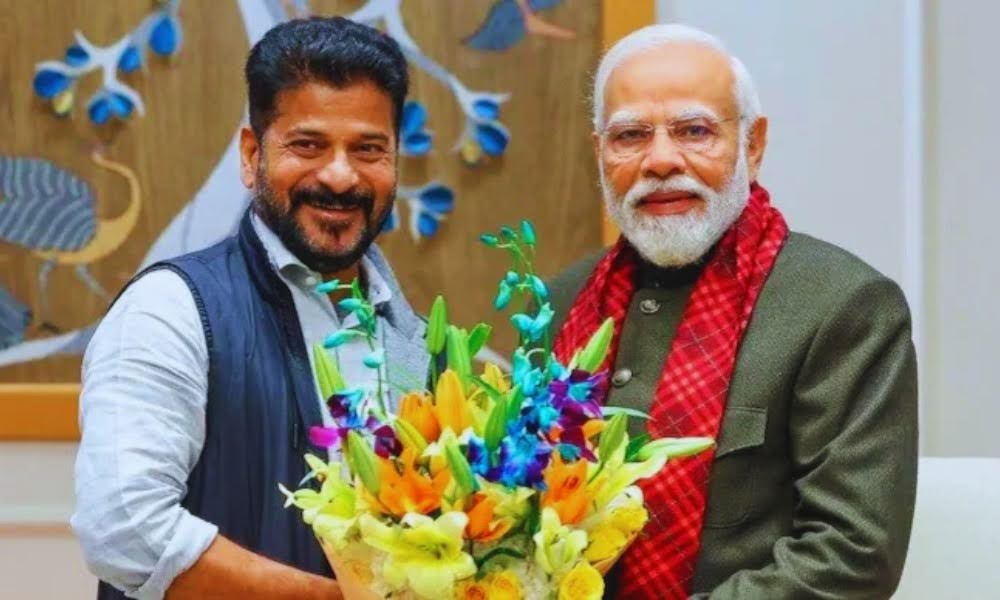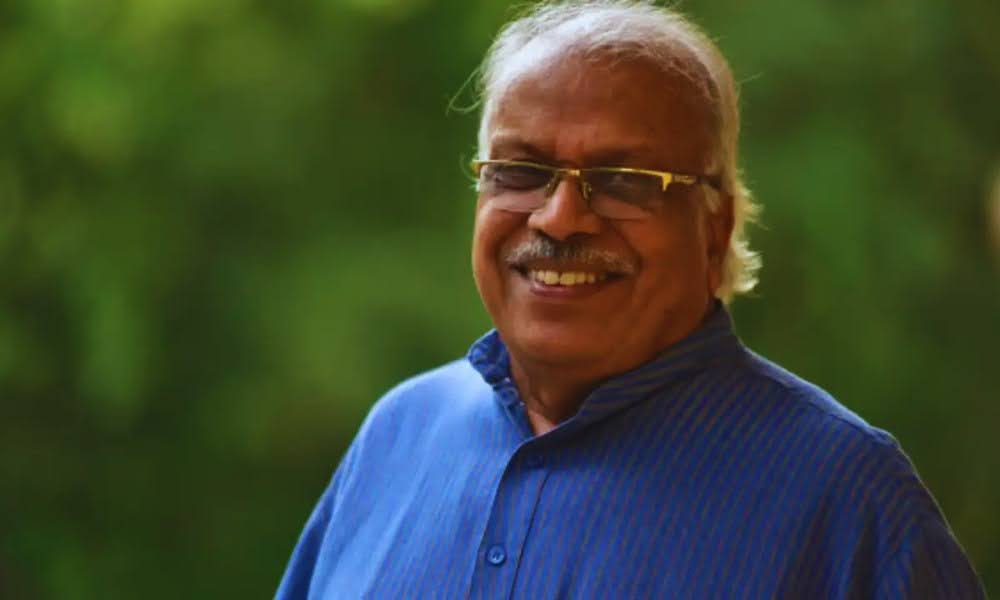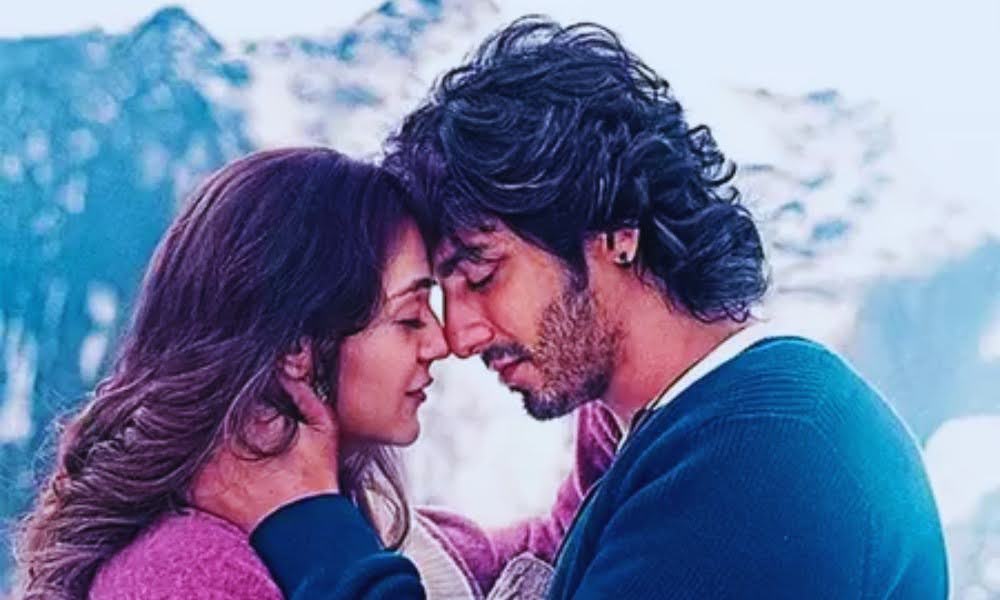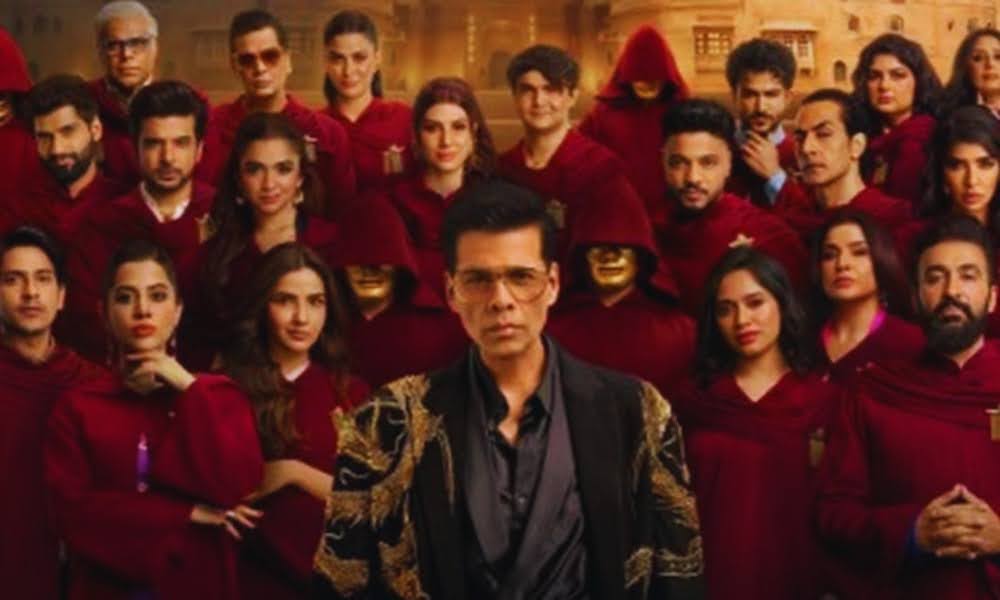Delhi High Court Orders YouTuber Mohak Mangal to Delete Defamatory Remarks Against ANI in YouTube Video
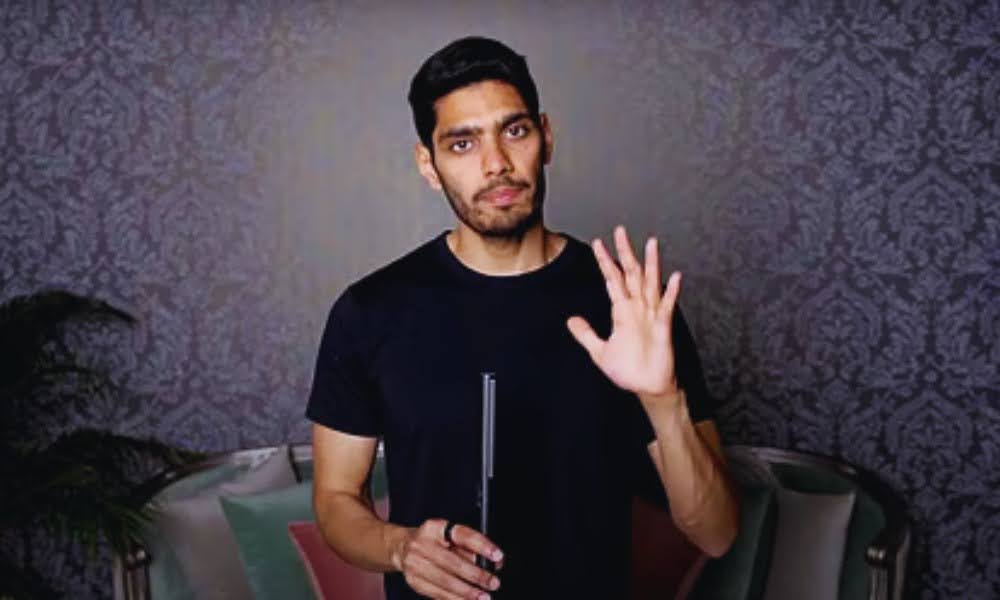
On May 29, 2025, the Delhi High Court directed YouTuber Mohak Mangal to remove certain portions of his video titled “Dear ANI”, which accused the news agency of unethical practices.
The video, uploaded on May 25, 2025, criticised ANI’s use of copyright strikes on content creators and contained language that the court deemed defamatory.
Court Criticises Language Used in Video
Justice Amit Bansal, while presiding over the case, pointed out that the language used in the video was objectionable. Referring to phrases like “hafta wasooli”, “gunda raj”, and “kidnap”, the judge remarked, “These videos on the face of it are disparaging. You should have put it in a more civilized manner.”
He questioned how such terms could be justified, even if ANI’s demands were perceived as wrongful.
The judge continued, “You [Mr. Mangal] don’t want to take a licence but want to use their videos, which you believe is legally justified. Then why would you come out with these kinds of statements?”
Reactions from Others Named in the Case
The defamation suit filed by ANI also included journalist Mohammed Zubair and stand-up comedian Kunal Kamra. Zubair agreed to remove one of his related posts on platform X.
Kamra, however, agreed to delete only one of his several posts. Kamra’s counsel described him as a well-known satirist and free speech advocate, stating, “He stands up for free speech in his own unique way, putting thing in the public domain.”
Justice Bansal acknowledged satire but took issue with the terms used. “Satire is great. But the phrases you used are ‘mafia’, ‘thugs’… I am all for free speech, but if you are calling someone thugs, this is not Ok. I even went to the extent of condoning the use of word ‘gatiya’, but ‘thugs’ and ‘mafia’ are serious,” he said.
ANI Argues Reputational Damage
ANI’s counsel argued that the video had caused reputational harm. Senior advocate Amit Sibal and advocate Sidhant Kumar stated that the content had negatively impacted ANI’s public credibility and triggered online harassment.
The petition alleged that Mohak Mangal admitted to using ANI’s copyrighted video clips in his monetized content.
The petition claimed the video was not only defamatory but part of a “calculated and malicious attack on the reputation, credibility, and goodwill of the Plaintiff, but also its registered trademarks.”
Legal Arguments by Mohak Mangal’s Counsel
Defending Mohak, senior advocate Chander Lall and advocate Nakul Gandhi said ANI bypassed legal channels. They accused the agency of using coercion instead of filing a legitimate complaint.
“If they have a grievance against me, they can’t call me and extort money from me that I will block your channel if you don’t pay,” Lall said.
Despite these arguments, the court remained critical of the manner in which Mohak had presented his views. Justice Bansal asked, “You want to use videos without taking a license. You use, why would you come out with these kinds of statements? How do you justify that?”
Allegations Made in the ‘Dear ANI’ Video
In his video, Mohak accused ANI of leveraging YouTube’s three-strike copyright rule to pressure independent creators.
According to Mohak, ANI demanded Rs 40 lakh annually for a subscription to their clips and threatened copyright strikes if he did not comply.
He claimed ANI refused to resolve the matter through reasonable negotiation, offering only two options: either pay a penalty of Rs 5 lakh per disputed video or purchase the full subscription.
Mohak referred to these demands as “extortion” and claimed that ANI was exploiting YouTube’s copyright system.
Content Creators Join the Controversy
Several other digital creators supported Mohak, arguing that using brief segments of copyrighted material fell under “fair use.” The controversy sparked broader conversations about copyright enforcement, fair use, and freedom of expression in digital media.
The court’s order now mandates the removal of the offensive terms from the video, and further developments are expected as the case proceeds.



